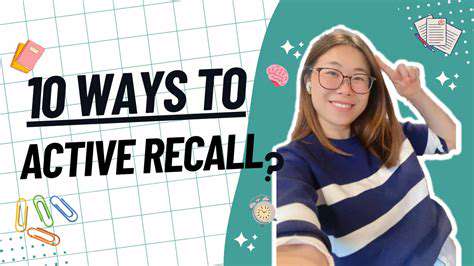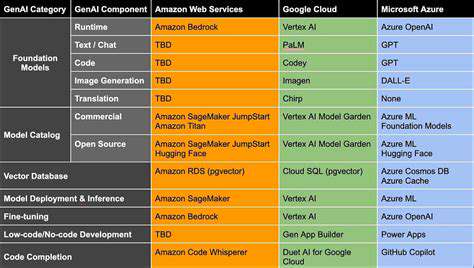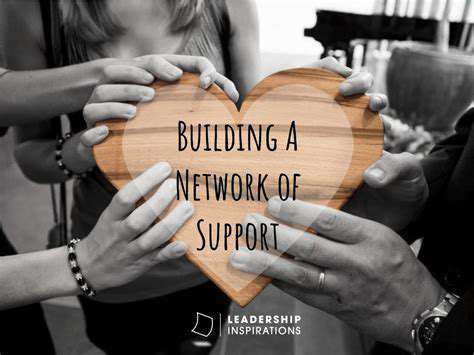How to Improve Your Critical Thinking Skills
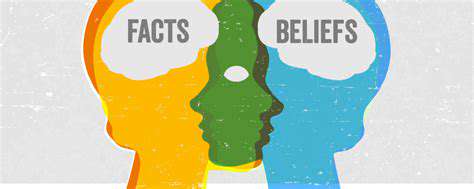
Improving Your Reasoning and Problem-Solving Abilities
Understanding the Fundamentals of Reasoning
At its heart, reasoning means breaking down information, spotting trends, and reaching conclusions that make sense. This core skill is indispensable when dealing with complicated scenarios and arriving at well-founded decisions. To truly sharpen your reasoning, start by grasping foundational logic concepts like deductive and inductive reasoning. Mastering these helps pinpoint weaknesses in arguments while building stronger, more convincing cases yourself.
This foundation also involves noticing personal biases and assumptions that could skew your judgment. When you're aware of these influences, you can tackle problems with greater objectivity, leading to conclusions that hold up under scrutiny.
Developing Critical Thinking Skills
Critical thinking isn't just about reasoning—it's about actively assessing information, challenging assumptions, and exploring different viewpoints. It's a demanding process that requires both discipline and intellectual curiosity. Building this skill means scrutinizing where information comes from, watching for hidden agendas, and weighing the evidence behind various claims.
Growing as a critical thinker also means confronting your own biases head-on. This self-awareness is key to making fair judgments and avoiding faulty logic. Make a habit of dissecting arguments—both yours and others'—to spot strengths and flaws, cultivating a sharper eye for quality information.
Enhancing Problem-Solving Strategies
Solving problems effectively is where reasoning really proves its worth. It starts with pinpointing issues, digging into their root causes, brainstorming solutions, and testing their effectiveness. Tackling complex problems often works best when you break them into smaller, more digestible pieces. This methodical approach leads to more innovative and practical solutions.
It pays to have multiple problem-solving tools at your disposal. Techniques like brainstorming, mind-mapping, and seeking diverse perspectives each offer unique advantages, expanding your options and improving your chances of finding the best possible answer.
Applying Reasoning to Real-World Scenarios
What good is sharp reasoning if it doesn't work outside the classroom? The real test comes when applying these skills to actual challenges in relationships, careers, and community life. Each situation brings its own hurdles and limitations, requiring you to adapt your approach accordingly. The more you practice in varied settings, the more versatile your reasoning becomes.
Consistently using these skills in everyday life deepens your understanding of how to handle complexity and make smart choices. This ongoing application fine-tunes your analytical abilities, making you better equipped to solve problems quickly and effectively.
Continuous Learning and Improvement
Sharp reasoning isn't a one-and-done skill—it grows with you over time. Committing to lifelong learning through reading, discussions, and exposure to different viewpoints keeps your thinking fresh and adaptable. This constant learning ensures your reasoning skills stay sharp as circumstances change.
Regular practice paired with honest self-reflection drives continuous improvement. Take time to examine how you reason, spot areas needing work, and seek input from others. This cycle of learning, doing, and refining steadily strengthens your critical thinking and problem-solving capabilities.
Practice and Application: Cultivating Critical Thinking Habits
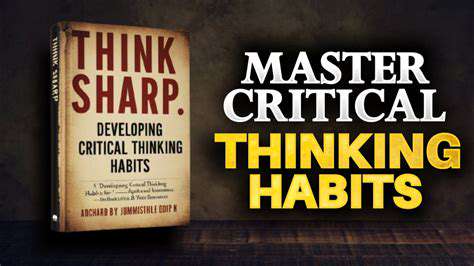
Understanding the Importance of Hands-On Experience
Nothing beats learning by doing when it comes to turning knowledge into real-world competence. Practical experience transforms abstract concepts into concrete understanding, preparing you for actual workplace demands. It builds problem-solving skills, teaches adaptability when surprises arise, and boosts confidence in your abilities. Employers consistently favor candidates who've proven they can hit the ground running.
Internships, volunteer roles, and hands-on projects offer safe environments to practice new skills, get feedback, and improve techniques. These experiences also provide crucial insights into industry norms and workplace culture—knowledge that's invaluable for career success.
Integrating Theory with Real-World Applications
True mastery comes from seeing how classroom theories play out in practice. Bridging this gap sharpens critical thinking and leads to more thorough, effective solutions. Whether it's applying math principles in engineering or communication theories during client meetings, this integration creates better results. It encourages looking back at what worked (and what didn't) to keep improving.
Case studies, simulations, and role-playing exercises help make these connections clear. When learners see how their knowledge solves actual problems, they become more engaged and motivated to dive deeper into their field.
Developing Critical Thinking and Adaptability
Real-world practice is the ultimate test of critical thinking. When faced with actual problems, you learn to assess situations quickly, weigh options, and make sound decisions on the fly. These challenges push you beyond textbook solutions, fostering creativity and innovation. The result? Professionals who can pivot when circumstances change—a priceless skill in today's fast-moving world.
Beyond problem-solving, hands-on experience teaches flexibility. In technology-driven fields especially, the ability to adapt to new methods and tools separates standout performers from the pack.
Measuring Progress Through Reflection and Feedback
Practice alone isn't enough—you need to reflect on what you're learning and seek outside perspectives. Taking time to analyze your experiences critically creates a powerful cycle of continuous improvement. Feedback from mentors or colleagues can reveal blind spots and suggest practical ways to grow. This combination of doing, reflecting, and adjusting accelerates skill development like nothing else.
Tracking your progress helps set realistic goals and recognize achievements along the way. For educators, it provides insights to customize guidance, ensuring practice remains focused and relevant. Ultimately, this structured approach turns knowledge into confident, capable performance—exactly what today's complex world demands.

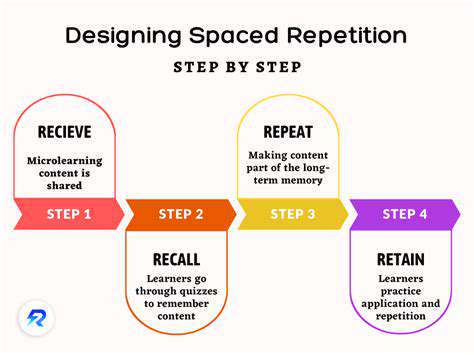
![Guide to Learning [Specific Software, e.g., Excel]](/static/images/31/2025-04/CreatingandFormattingCharts3AVisualizingYourData.jpg)
